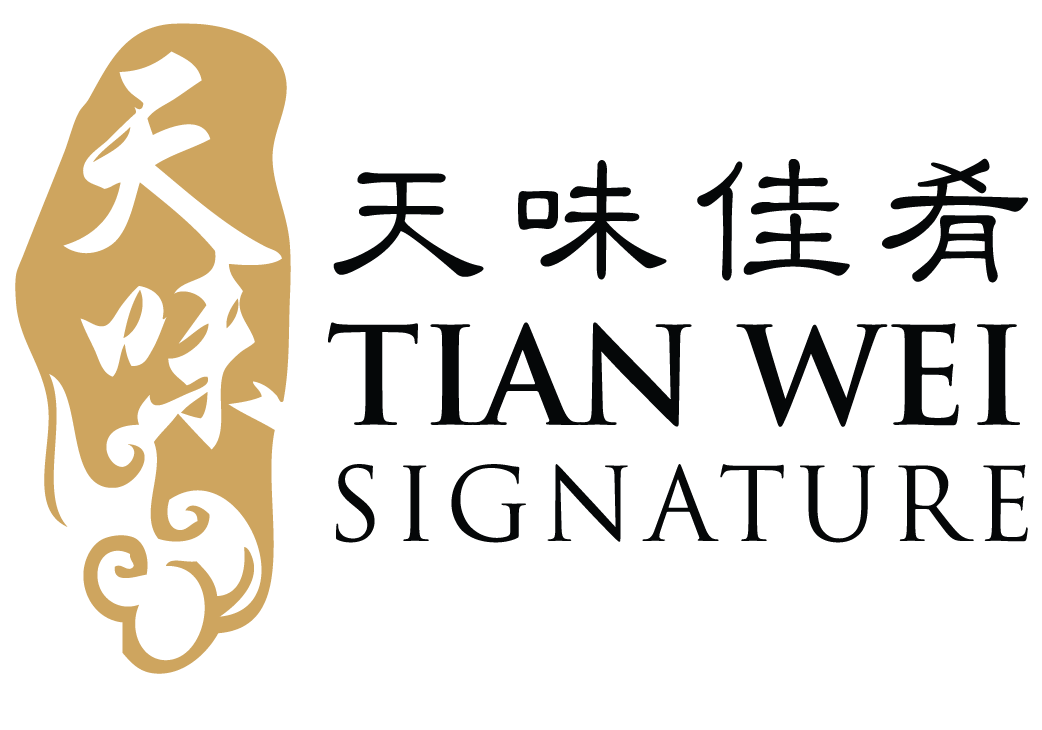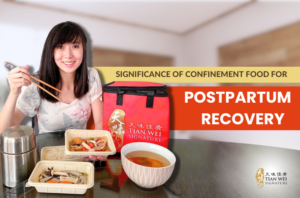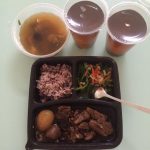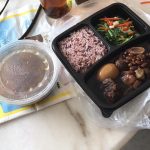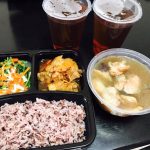81 Tagore Lane, TAG A, #01-11 Singapore 787502 ♦ Reservation : +65 6727 5599
The Surprising Benefits of Having Omega 3 Fatty Acids (DHA) During Confinement
If you’re a new mother who breastfeeds, you must have been advised to consume more Omega-3 at least once now – and you should! It brings a lot of benefits that can help both you and your breastfed child.
Omega-3 fatty acids like EPA and DHA from marine sources are well-known for their anti-inflammatory properties on the body, which is extremely helpful when you are recovering from postpartum wounds. In particular, this helps to reduce inflammation in the gut, and encourage and maintain a healthy microbiome in the gut.
At this point, you might be wondering, why is it so important to avoid inflammation in the gut? The truth is, prolonged inflammation in any part of the body can trigger chronic diseases that can be life-threatening. Specifically in the gut, severe gut inflammation can increase the risk of colorectal cancers.
While there are plant-based options to relieve gut inflammation, today let’s focus specifically on the benefits of Omega-3 fatty acids in reducing gut inflammation and supporting gut health in general.
How Omega-3 Fatty Acids (DHA) Support Gut Health
1. Help Reduce Gut Inflammation
There are a few ways Omega-3 fatty acids benefit gut health with its anti-inflammatory properties. First of all, Omega-3 fats support the healthy level of C-Reactive Protein (CRP) in the body. Your CRP levels can be checked by doing a simple blood test. The level of CRP increases when your body is experiencing inflammation, and Omega-3 fatty acids help manage inflammation by supporting normal levels of CRP.
Secondly, Omega-3 fats help maintain the health of mucosal lining – the moist, inner layer of many organs including the gut, stomach, lungs, nose and mouth. Also, Omega-3 fatty acids relieve inflammation related to leaky gut, inflammation in the intestinal area, and relieve pain and inflammation in general without interfering with the normal immune system.
2. Promotes Healthy Gut Microbiome
Omega-3 fats help achieve this by stimulating the intestines to produce a component called intestinal alkaline phosphatase (IAP). IAP provides an essential barrier for the gut; it promotes a healthy ecosystem of the microorganisms in the gut, and helps lower endotoxins production in the gut.
3. Supports Healthy Nerve System
Did you know that the gut has its own nervous system called the enteric nervous system (ENS)? Just like the central nervous system, the enteric nervous system is subject to a slow and progressive loss of neuronal cells called neuro-degeneration. The role of Omega-3 fats here is that they help to support healthy nerve structure and signaling.
More Benefits of Omega-3 Fatty Acids For Postpartum Mothers
1. Reduce Risk of Postpartum Depression
Research suggests that low dietary intake of Omega-3, particularly DHA and EPA, are associated with various types of depression, including postpartum depression. In other words, people with minor depression, postpartum depression, and suicidal tendencies are found to have lower levels of EPA and DHA in their body, and studies noticed improvement in their depression symptoms with a combination of DHA and EPA. To summarise, the studies done at this point are showing promising results with the use of Omega-3 fats in managing and treating depression.
2. Help Regulate Hormones
Sufficient intake of Omega-3 fatty acids is especially important for women because they are essential for the body to produce prostaglandins – a hormone-like component that helps in hormone production, along with other important benefits like helping to regulate blood pressure, reduce inflammation, and support neurological functions.
3. Supports Your Baby’s Brain Development
Omega-3 DHA is well-known for its benefit in promoting brain development in infants. In detail, DHA is important for the growth and development of the brain in infants and facilitates learning ability. In the meantime, adults need DHA to maintain normal brain function too. The best way to provide your newborn with more DHA is by increasing your own DHA intake. That’s right! By having more foods that are rich in Omega-3 DHA, you increase its content in your breast milk, and more of it can be passed to your infant during feedings. Recommended omega 3-DHA intake is 200 to 300mg/day for breastfeeding mothers. This can be achieved by having two to three servings of fatty fish that are low in mercury in a week.
Best Sources of Omega-3 DHA During Confinement
There are mainly 3 most important types of Omega-3 – ALA, EPA, and DHA. The human body is unable to produce these essential fats, so we need to obtain them from a wide variety of foods. Omega-3 ALA is mostly found in plants like walnuts, chia seeds, flaxseeds and certain leafy greens, while Omega-3 EPA and DHA are mostly found in seafood like fatty fish.
However, not all Omega-3 are created equal, and Omega-3 from animal sources cannot be replaced with plant-based Omega-3. Instead, they should complement each other as part of a healthy diet.
When it comes to the best sources of Omega-3 DHA, the best food sources are fish and shellfish. That said, for postpartum mothers who are following Chinese confinement diet practices, we understand you might have been told to avoid certain seafood based on TCM principles and traditional beliefs. Hence, focusing in the context on getting Omega-3 DHA in a Chinese confinement diet, here are some of best fish options you can have in your postpartum confinement foods:
- Salmon
- Cod Fish
- Seabass
- Threadfin
- Snakehead Fish
- Blue Hake
Health & Safety Tips on Consuming Fish During Confinement
One tip to consume fish safely during postpartum is to take note of the fish species and its mercury level; some DHA-rich fish are high in mercury that can harm the baby’s brain. For instance, certain species of tuna can be high in mercury and not suitable for pregnant and postpartum mothers to consume. If you are unsure of which type of fish to consume during postpartum, be sure to consult a professional gynaecologists or dietitian.
Furthermore, considering the fact that you’re still recovering from postpartum wounds, it’s best to prepare the fish using lighter and healthier methods. For example, use healthier cooking oil, and choose cooking methods that use less oil – like choosing steaming or grilling over frying.
How We Incorporate Omega-3 DHA Into Your Confinement Foods
As there are many restrictions on having seafood in a Chinese confinement diet, it’s normal for you to wonder “what can I eat during confinement?” to get your DHA fix. At Tian Wei Signature, our in-house dietitian works closely with our professional culinary team to bring you a nutritious and well-balanced confinement diet, which nourishes you with not only Omega-3 DHA, but also other nutrients essential for postpartum recovery like iron, protein, Vitamin A, B, C, folate and many more.
In particular, we serve fish two to three times per week to nourish you and your baby with a good source of Omega 3 and protein! Here are some of our fish dishes loved by many mummies during confinement:
- Lemongrass Fenugreek Braised Fish Fillet
- Hong Kong Style Lime Steamed Salmon
- Seared Salmon with Cauliflower Cream
- Steamed Fish Fillet with Celery Sauce
- Baked Fillet Fish With Ginger Mirin Sauce
- Black Pepper Fish Fillet With Basil
And many more!
What’s more, with Tian Wei Signature, you can enjoy a variety of fusion and traditional food during confinement that are MSG-free and breastfeeding-friendly to support you in postpartum recovery and breastfeeding. Learn more about our confinement food delivery service today!
